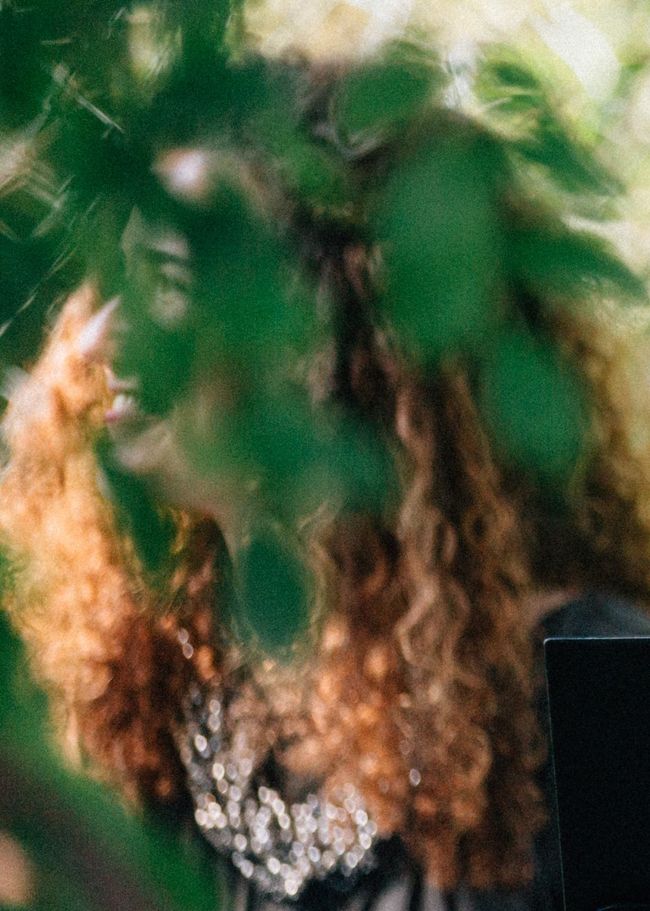Flooded lake surrounded by drought
પ્રકાશિત: 24.10.2022
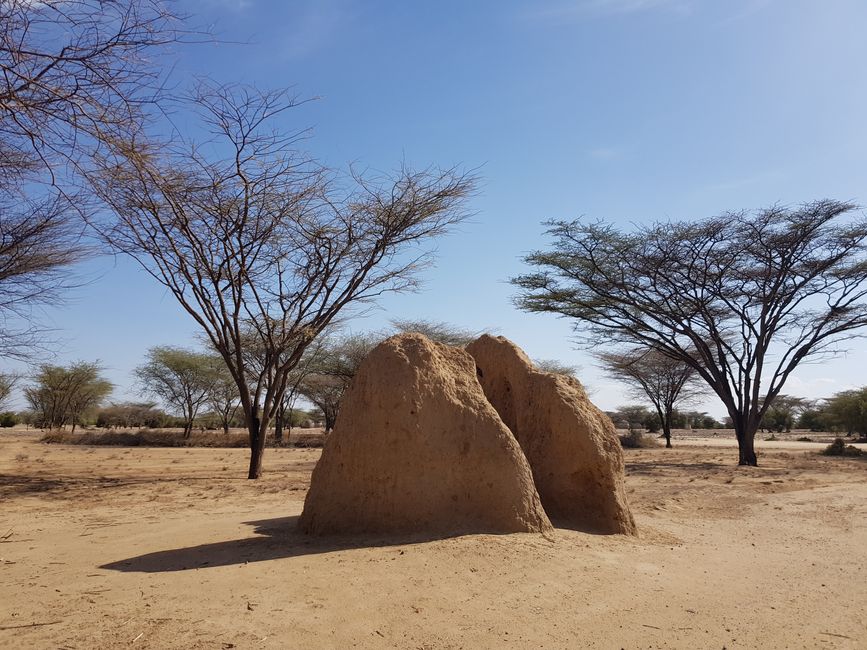
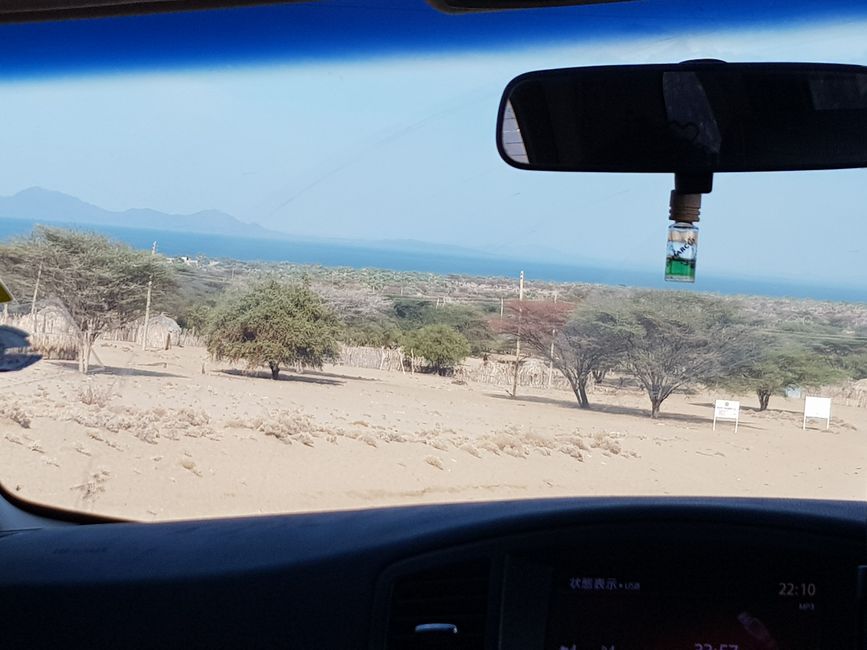
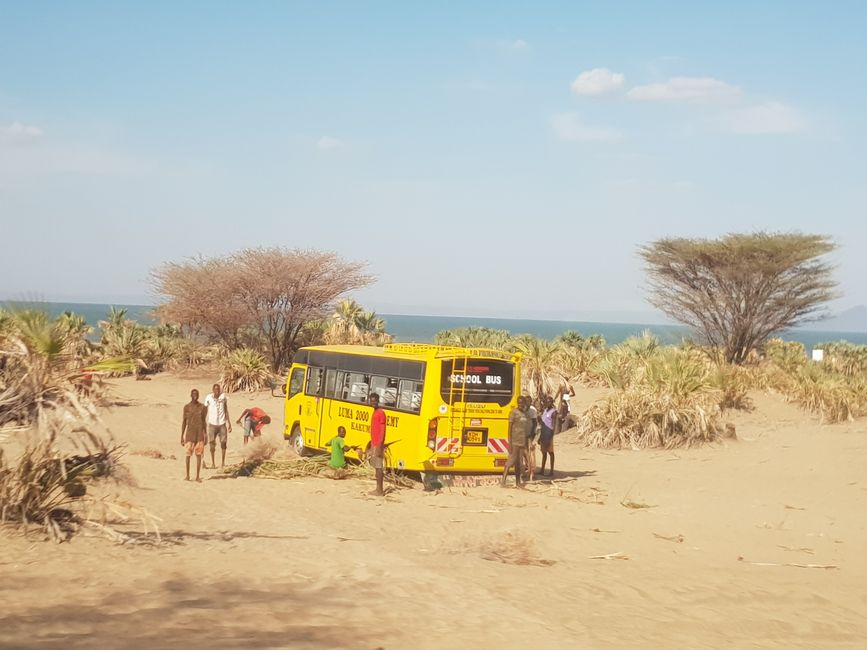
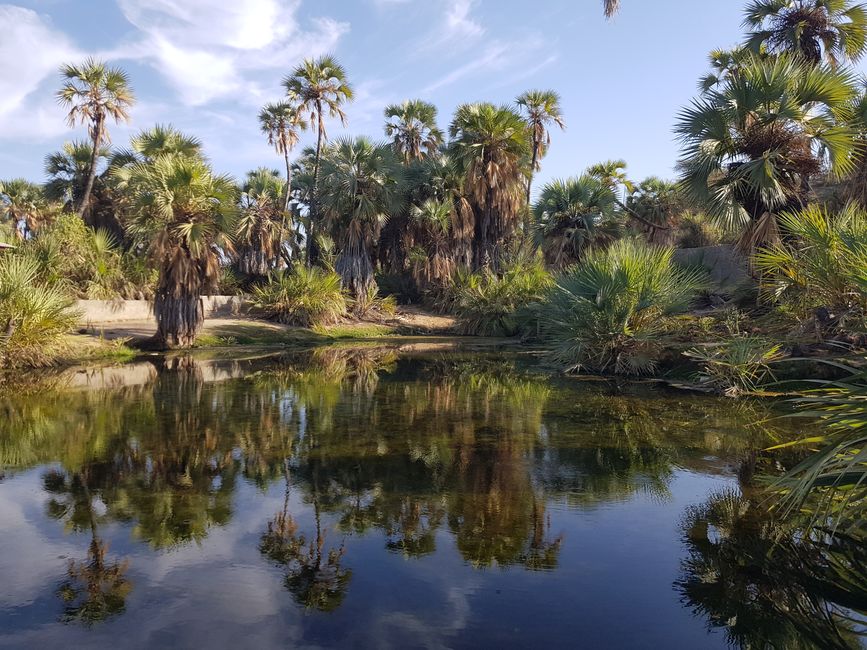
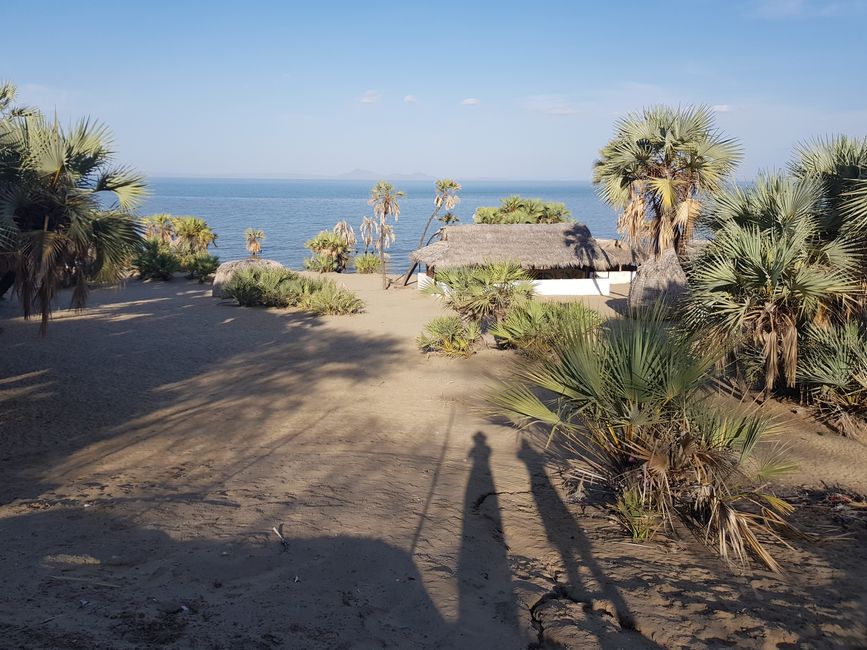
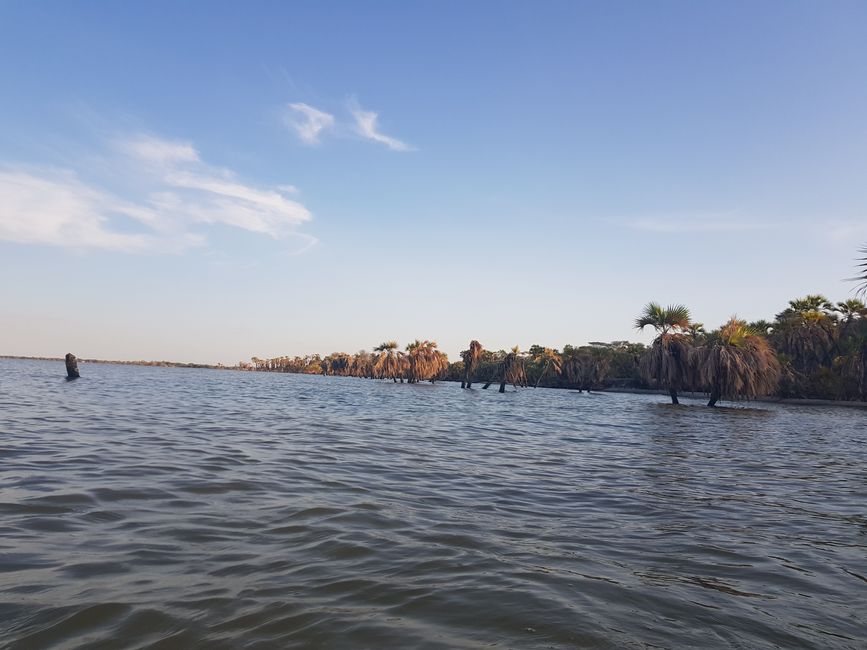
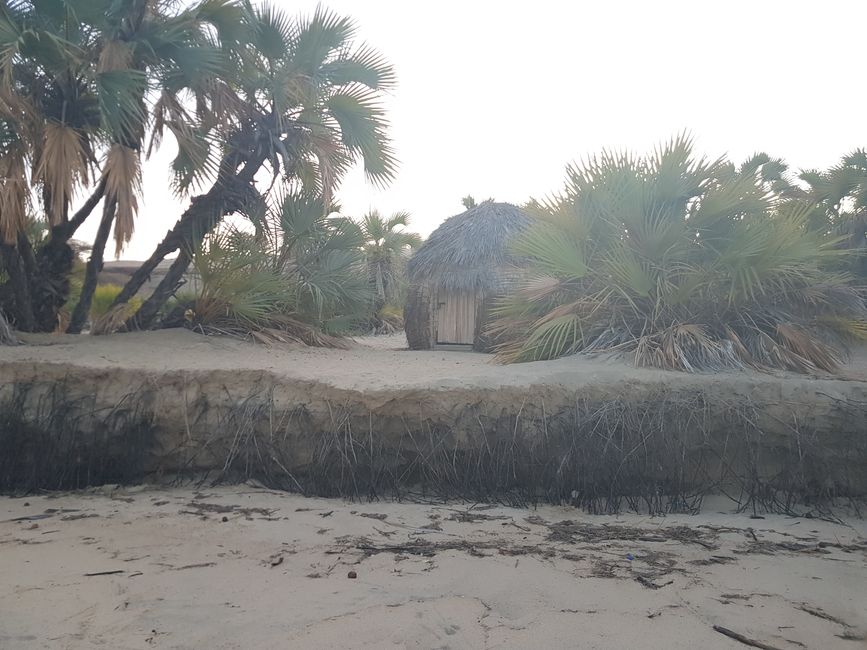
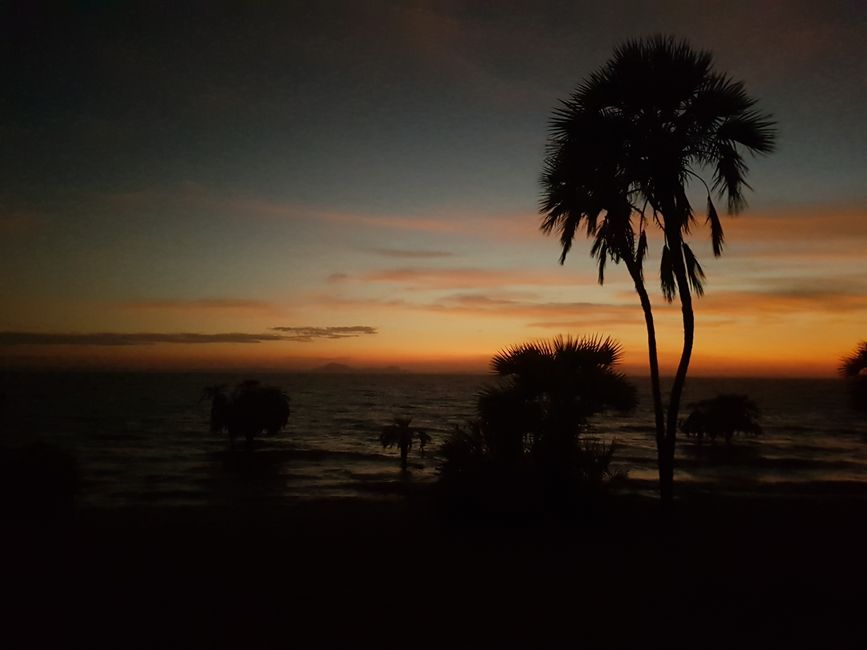
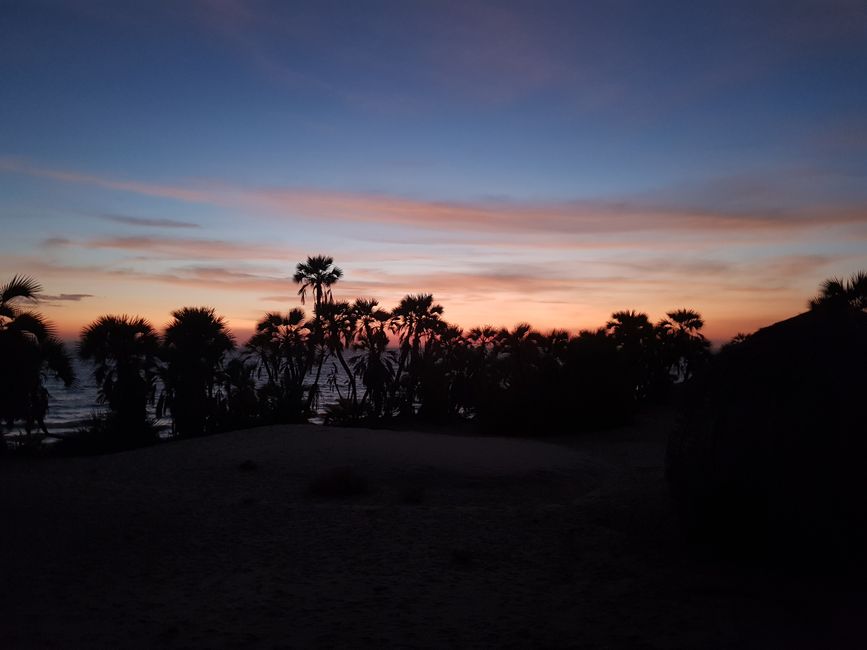
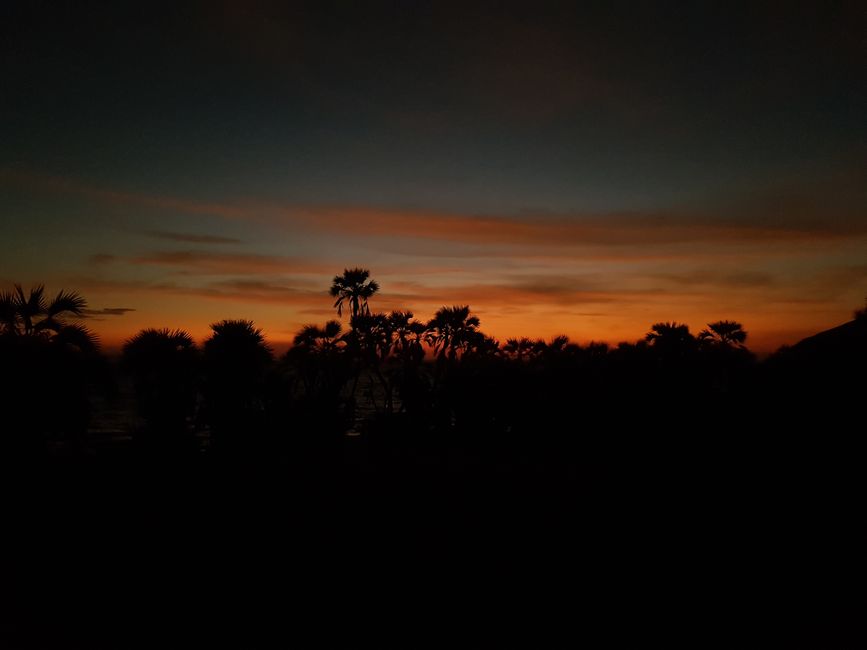
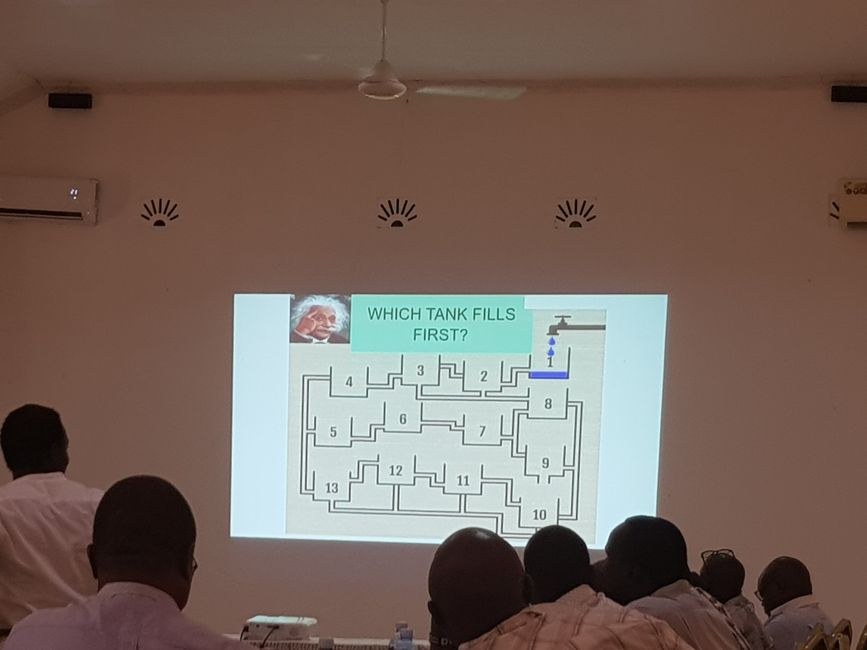
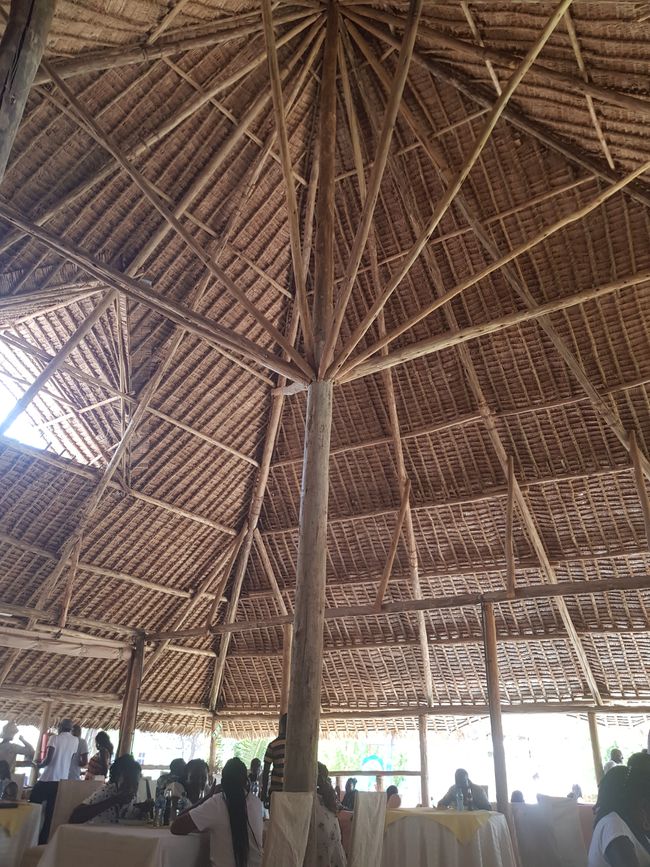
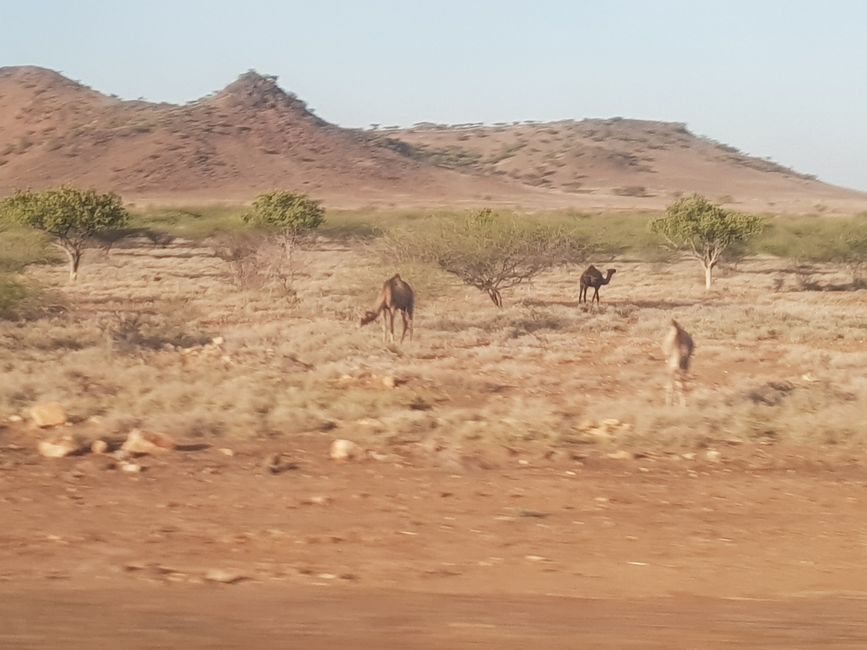
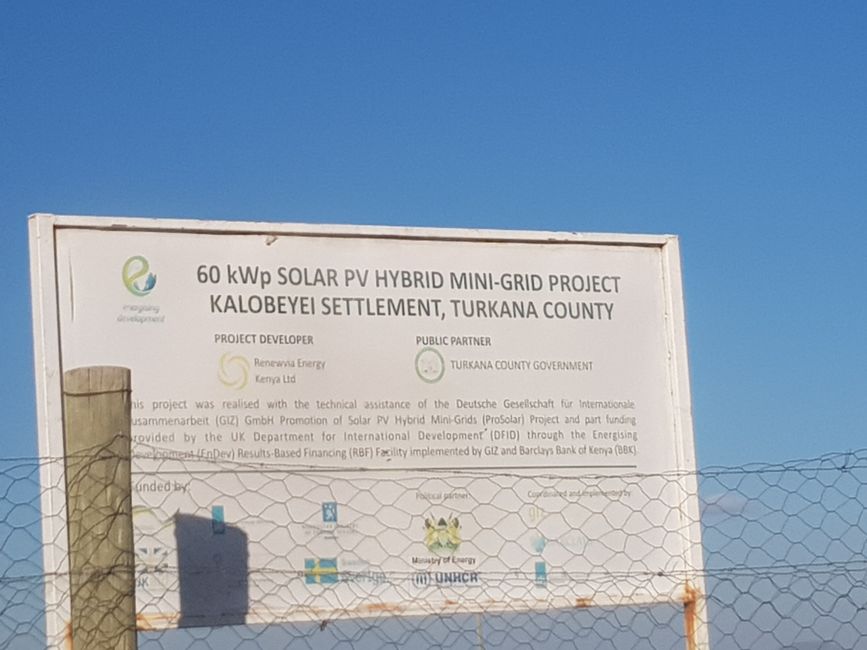
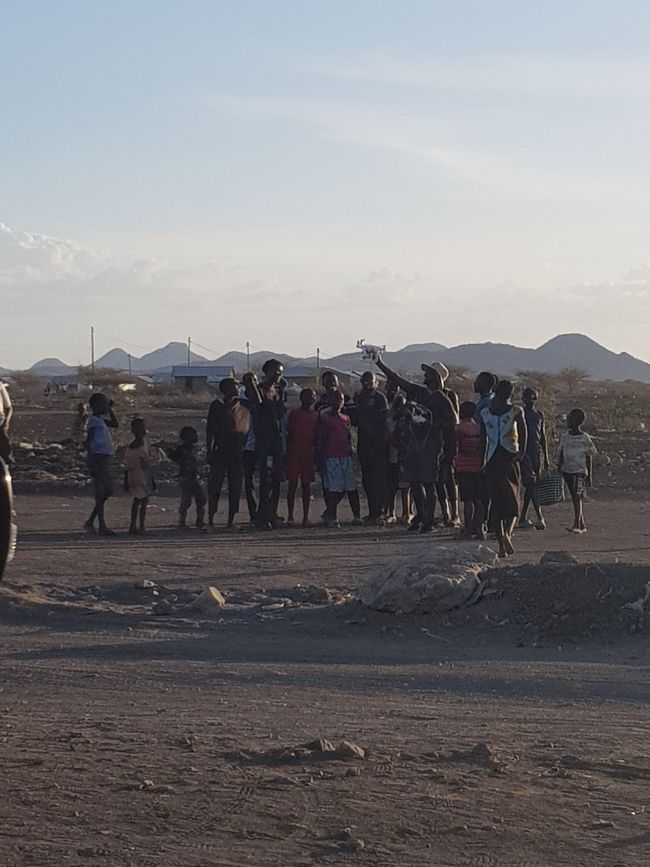
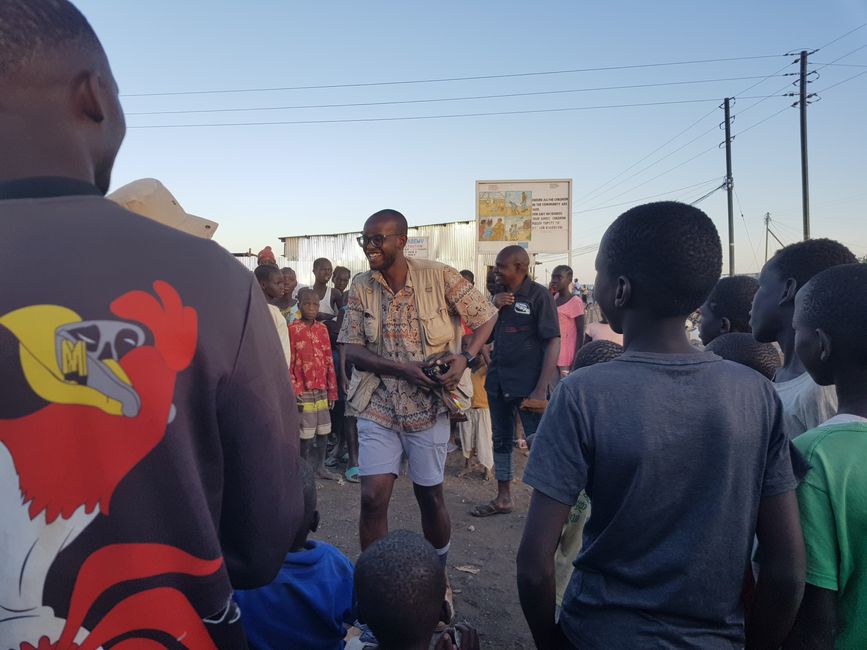
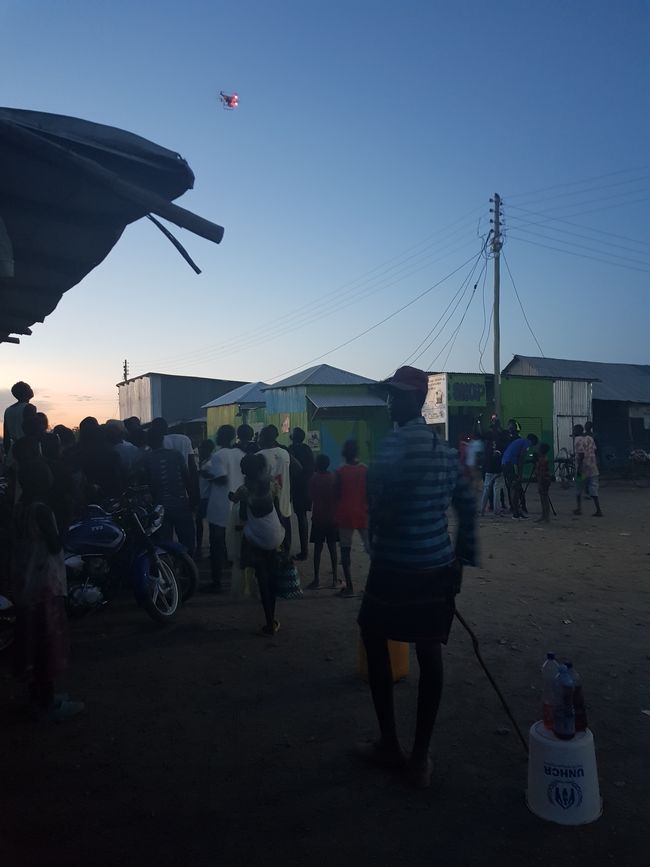
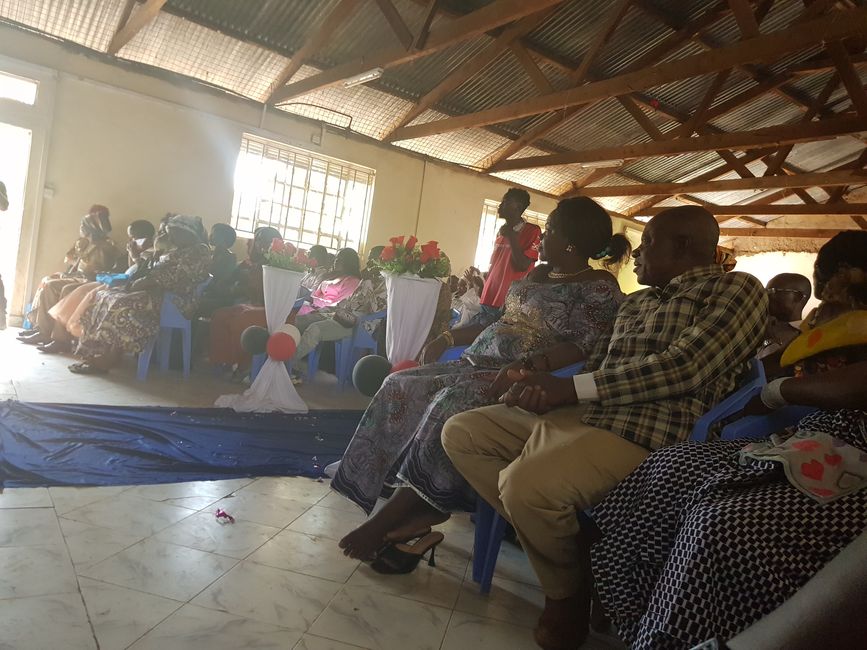
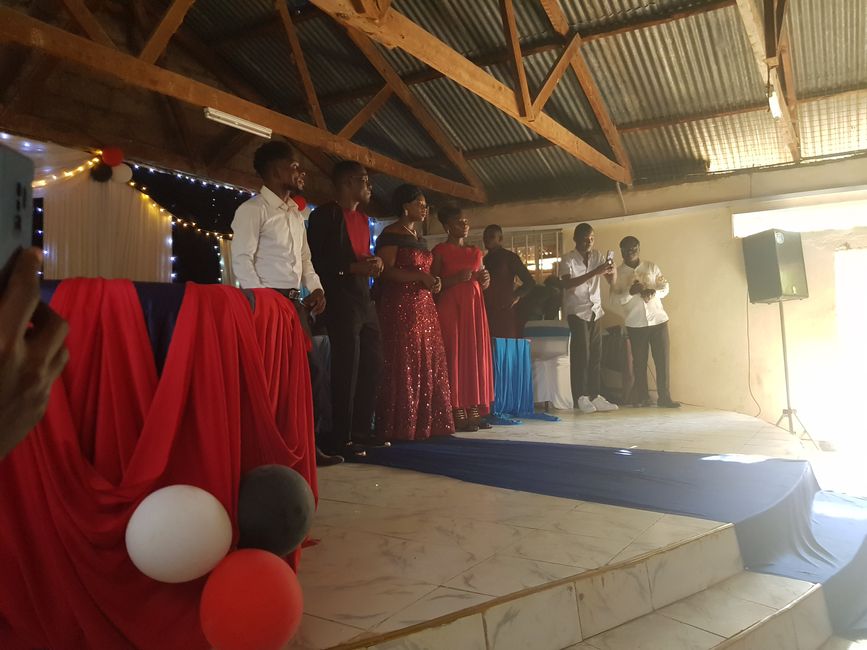
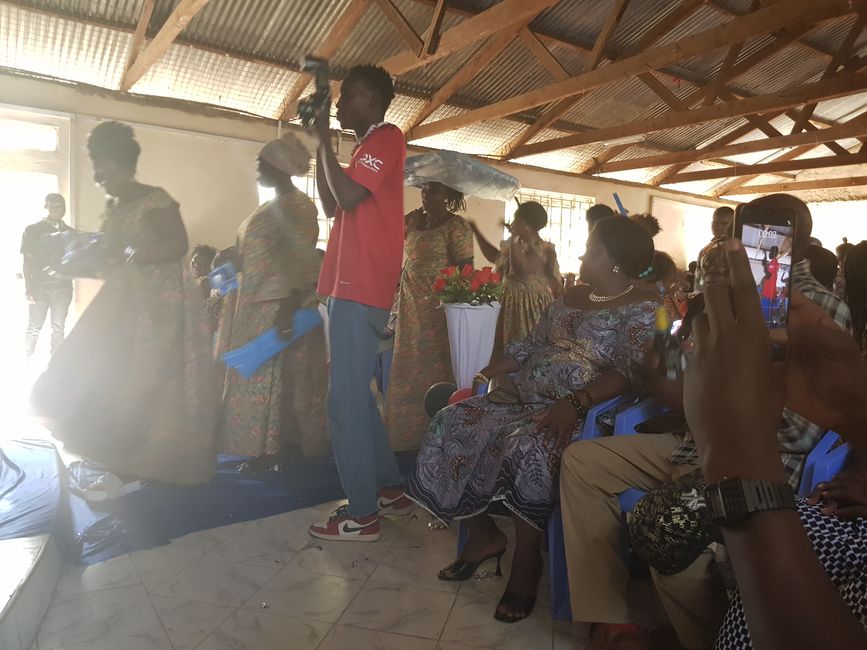
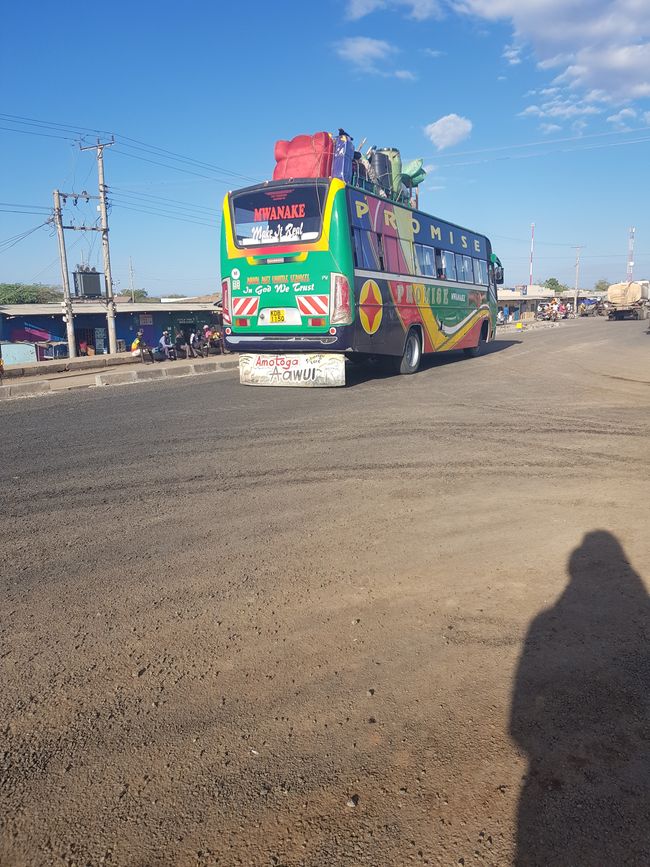
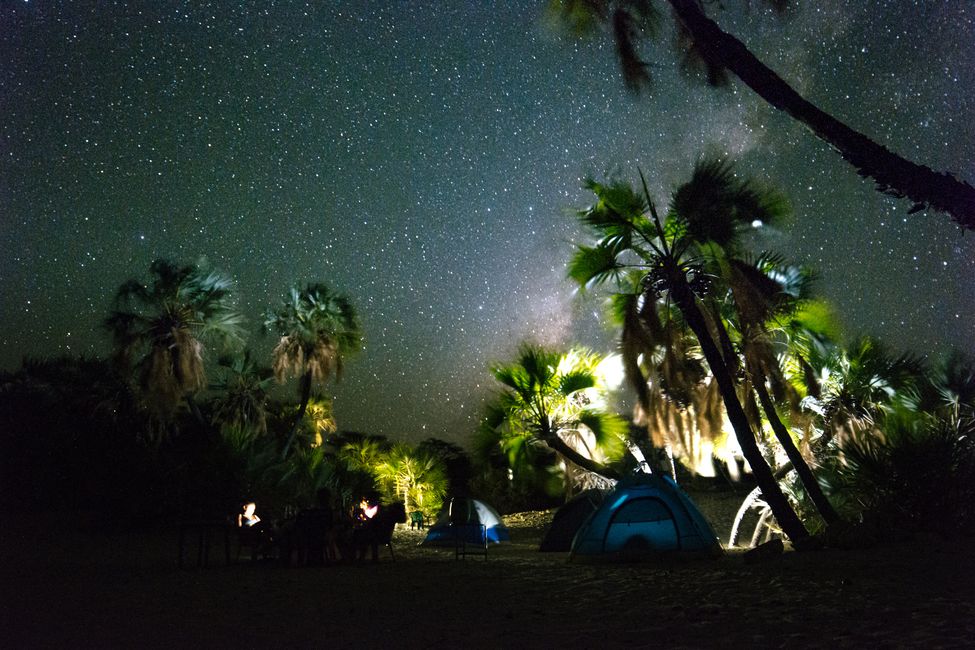
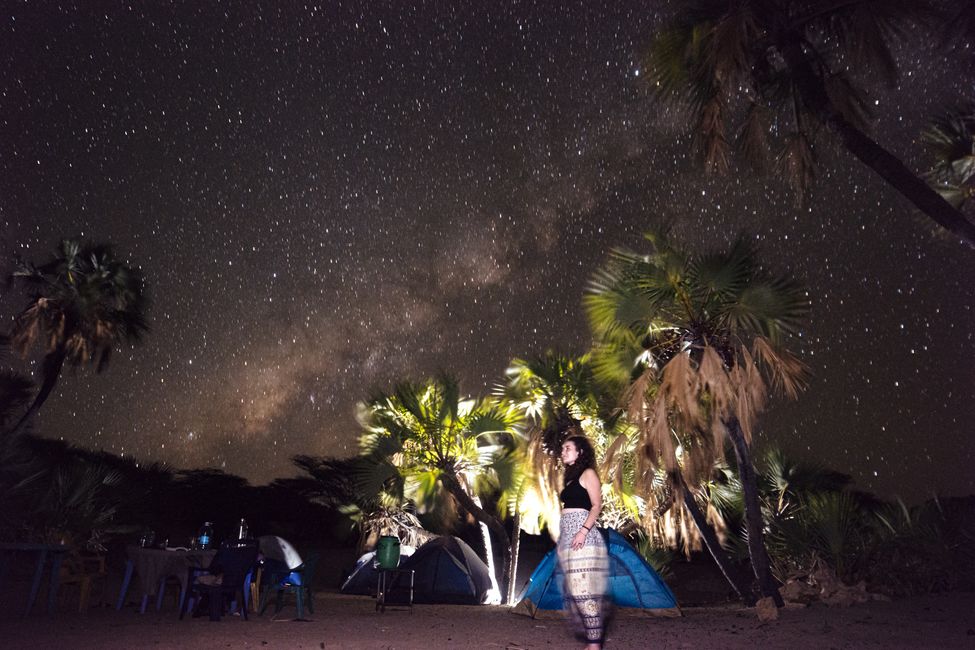
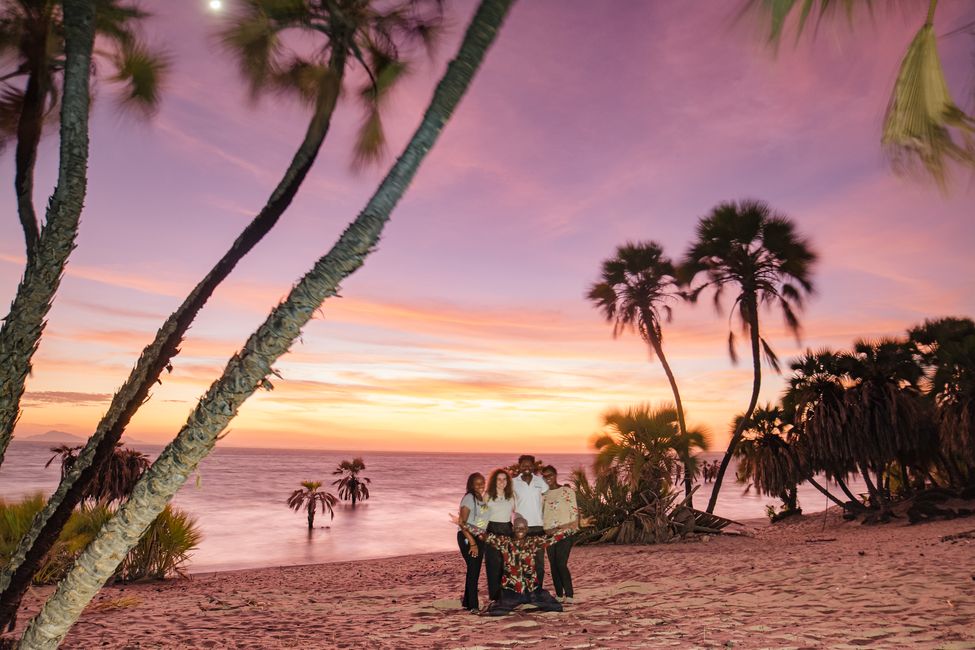
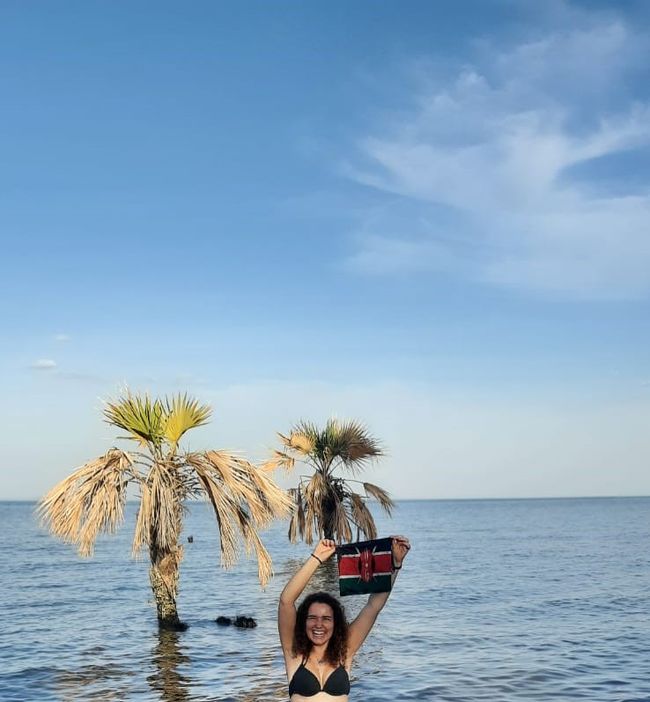
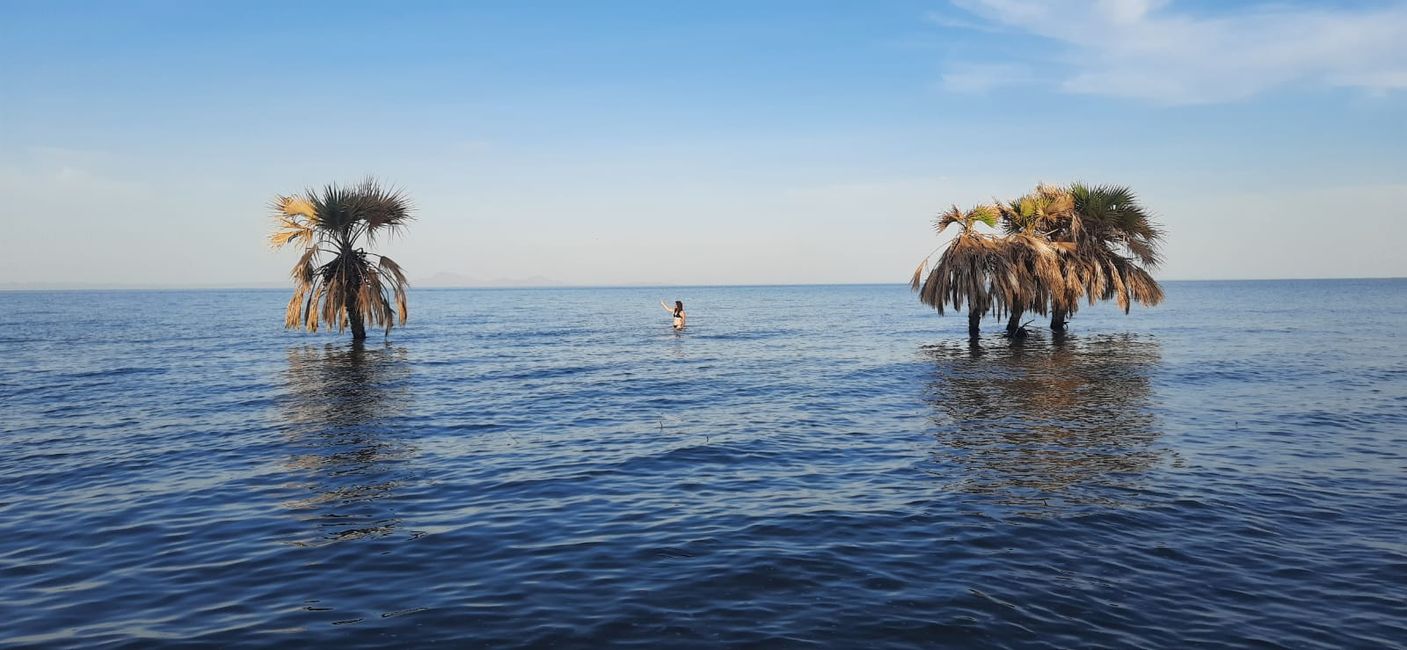
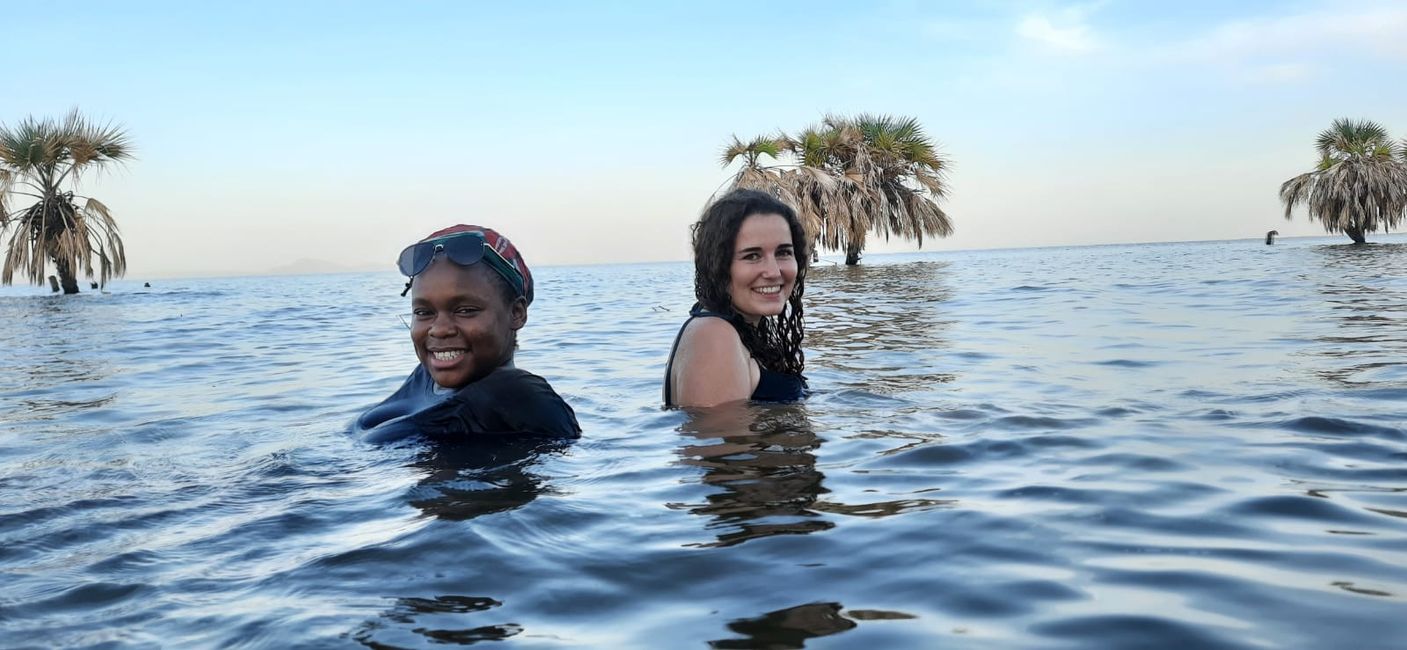
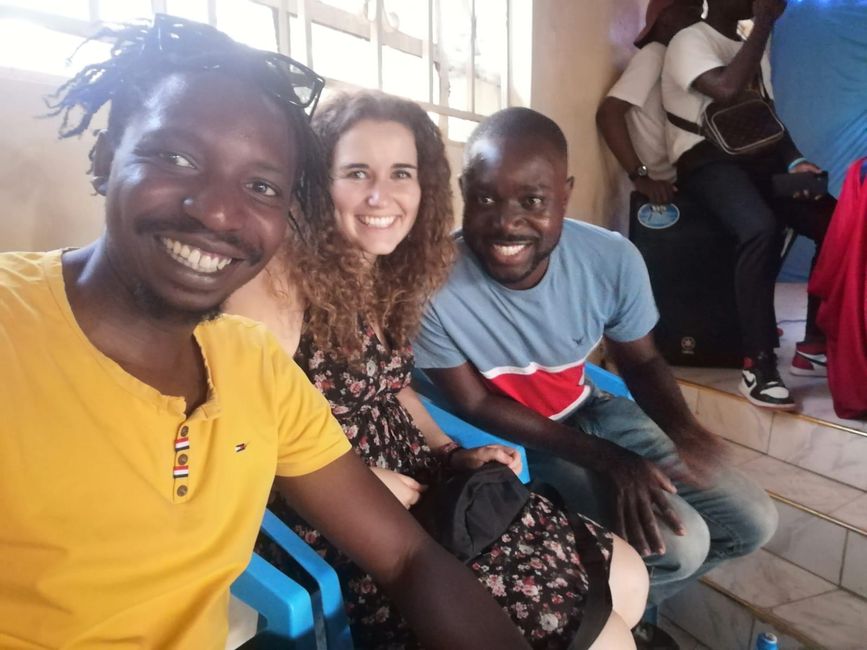
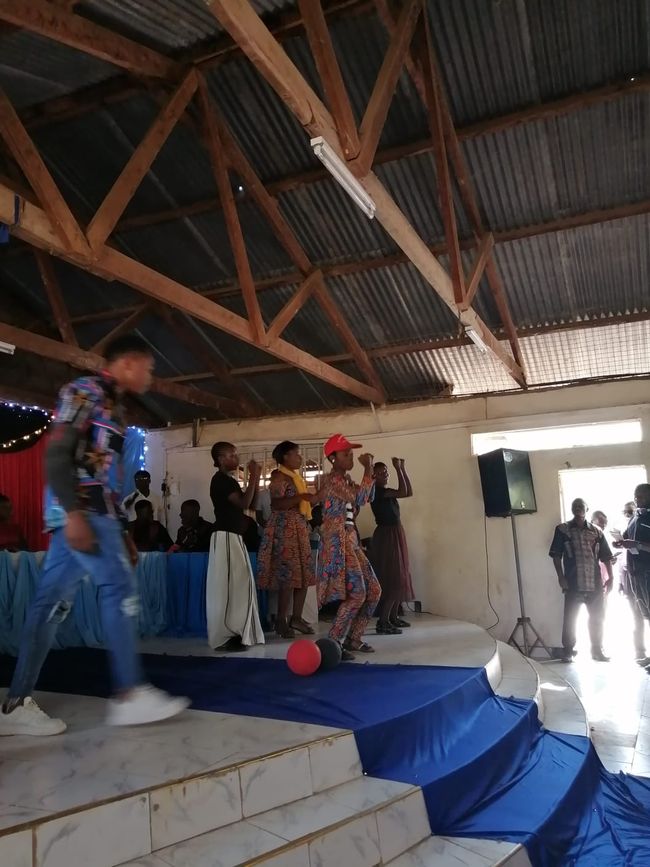
ન્યૂઝલેટર પર સબ્સ્ક્રાઇબ કરો
Last Thursday, October 20th, was Heroes Day (Mashujaa Day in Kiswahili). It is a national holiday to honor all the heroes who helped Kenya gain independence in 1963. Today, outstanding individuals are honored in Nairobi on this day and people also celebrate their own heroes privately.
We took advantage of the day off and went to Lake Turkana with a film crew from Nairobi and a friend from GIZ. It is a huge alkaline lake that is much larger than Lake Constance. Over the past few years, the water level has been rising steadily, the exact cause is unclear, but tectonic plate shifts and heavy rains a few years ago are possible reasons. It has displaced more than 20,000 people as their homes, businesses... were flooded. The BBC has a short 3-minute documentary about it, feel free to watch it, it summarizes it pretty well: https://www.youtube.com/watch?v=0MJfQ58Nn_Y
The image of this immense flooding while just a few meters away from the lake there is one of the most severe droughts with 5 failed rainy seasons is absurd and poses great problems for the goat herders to secure their own survival and that of their herds.

We set off with a "normal" car (the travel guide says you need a 4x4) and drove to Lodwar on the best road in Kenya (everyone agreed on that), then it took us 3 hours to cover the remaining 60 km. Past many small villages with goat herds, a few donkeys and camels, huge termite mounds, and on the dusty bumpy track. The Kenyans in the car called it the "free African massage" because we were shaken quite a bit - as we got into deeper and deeper sand, we slid until we got stuck for the first time. So we shoveled the very hot sand away with our hands and plastic bottles and pushed the car. It's not much fun to touch a black car in the heat. Fortunately, we had many helping hands because a school bus was also stuck, and the boys all wanted to help us for a fee. By the time we reached our campsite, a lot of sand had gotten into the gearbox, and everyone could use the cooling off in the lake.




We arrived shortly before sunset and had to leave again at 5 am before sunrise.
For me, this place was magically beautiful and the palms in the water looked really great at first glance. But they cannot survive like this and in the end only dead wood remains in the lake, destroying habitat for animals, plants, and people. I found fragments of tiles in the water that belonged to the hotel next door. My travel companions, who were last here 3 years ago, were melancholic despite this beautiful scenery because they still remember the endless, wide sandy beaches that now only leave a narrow strip. We camped on the beach and spent the evening under an incredibly beautiful starry sky.






The next morning we left for Lodwar, the capital of Turkana County, before sunrise. The film crew and I participated in a conference on energy policy for Turkana County as part of my internship as their new line producer (something official to fill in all the forms). It was very interesting for my research because the future strategy here contains a lot of renewable energy sources to supply all the people in the largest "state" and also takes into account the impact of climate change. Every energy option (geothermal, biomass, biogas, solar, wind energy, LPG...) was analyzed in detail, and it was explained what needs to be considered during implementation. It also involved a lot of sensitization of the residents so that new energy forms are well accepted, and the infrastructure is not threatened by vandalism.
There were about 50 people in the conference room, mostly suited individuals and a few women who are sometimes deputies in the "state parliament" in Lodwar, work for energy companies or NGOs. The whole thing started with a prayer, followed by many presentations from the technical advisory board of Turkana County, and in between, there were also small puzzles to promote the concentration of everyone, and in the end, we could all eat to our heart's content. The new forms of energy were presented in a way that it is not about providing aid to the population, but much more about business and investment opportunities, as a source of income for Turkana County. Turkana has an abundance of minerals, oil, sun, and wind, and that can mean wealth. Gender equality was also addressed: there is a need to track that women have equal access to energy as men.
One lawmaker remarked that everything is a priority in Turkana: water, food, energy. There is a lack of financing everywhere. But investing a lot of money in a big project like entering renewable energy could be more worthwhile than many mini-projects that don't achieve much.


In the following days, I accompanied the film crew everywhere because it was a great opportunity for me to visit the Kalobeyei alternative camp and meet both refugees and the host community. The film footage was supposed to show the implementation of an energy project funded by GIZ. It aims to provide all households in the Kalobeyei alternative camp and the host community with solar power and tell the story of how electricity enables people to start their own businesses through the films. This can range from the operation of refrigerators in small shops to a cyber cafe where people work or, above all, children come to play games. One team member took shots with a drone. He often attracted hundreds of children who wanted to see everything up close. Then they didn't want to leave anymore, and it became difficult to conduct interviews while so many interested people gathered around us and the camera. I got to shake many hands, and a few little girls from Kalobeyei asked me if we wanted to be friends.
It may seem like I'm just walking around all the time. But this is quite important for my ethnographic research: I arrive in the field, familiarize myself with the environment, work on my interview guides for different groups of people, and do a lot of networking to see which topics are relevant and with whom I can conduct interviews. And during the long car rides, I try to learn some Swahili.




Actually, I should finally explain how Kakuma and Kalobeyei are connected and what I do here all day, but tomorrow I'll be going to the field for 3 days and just wanted to send a brief sign of life before that.
In the next few days, I will be going to the Ugandan border with the NGO Lokado (where I am doing my internship), where a training session is being offered for herders on how they can withstand the drought through climate-smart agriculture and agroforest projects and generate alternative income alongside their goat herds. That's how it was explained to me so far, I will surely have more information after the 3 days and will report on it then. We will be camping there and have to bring water and supplies for the next few days. I'm looking forward to it because I will have the opportunity to conduct interviews for my research with the host community (the Turkana), how they experience climate change, and what adaptation and mitigation strategies they have. I find it particularly exciting how their own "knowledge systems" have made them more resistant to drought over the past generations. I talked about this for a long time with the producer of the film crew, who has been making documentaries about climate change in Kenya for 10 years, has been to every region and can tell many sides of a story. She is a very inspiring person, and I am very happy that I could learn so much from her and the rest of the film crew about her homeland and all the people they portray. They do many projects for NGOs, go to the most exciting places, and I have rarely seen people who are so passionate about their work and enjoy it all day long. It was a stroke of luck that we stayed in the same guesthouse. Unfortunately, I always make friends who are not in Kakuma for a long time, so I am left alone without my film crew.
Yesterday, I was spontaneously taken to a Congolese wedding in the camp in Kakuma. It was the first time I went deep into the camp and could experience the dimensions of how huge it is to some extent. It is really its own city with schools, community centers, shops, tailors, restaurants, churches, playgrounds, hospitals,... We arrived just as a few people close to the bridal couple came on stage and gave them advice for the marriage, congratulations, and similar things. I was there with the head of the Jesuit Refugee Service from Kakuma, who also had to give a speech. Suddenly, the microphone was handed to me. I felt uncomfortable because I didn't know a single person, not even the bridal couple, and I was really the last person who should have said anything. My 4 words in Swahili were enough, and I had to step into the background. Afterwards, various groups were called up to bring presents to the front while dancing, first the bride's family, then the groom's family, and then many others. I didn't understand everything, but it was a very cheerful and lively celebration. The parents and grandparents of the bridal couple were then fed wedding cake by the couple, and just as the large wedding party was being served food, we had to leave unfortunately. After 6 pm, no one is allowed to be in the camp who doesn't belong there.





So that's it for now, I hope autumn is not too gray and the rays of sunshine from here reach all the way to you!
Warm regards, Franzi

ન્યૂઝલેટર પર સબ્સ્ક્રાઇબ કરો
જવાબ આપો
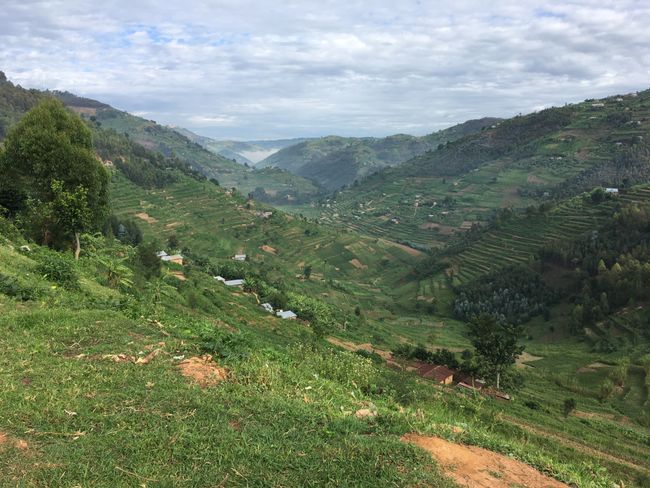
મુસાફરી અહેવાલો કેન્યા

